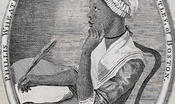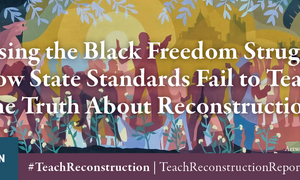September has been a grim month. Three boys—15-year old Billy Lucas in Indiana, and 13-year olds Asher Brown in Texas and Seth Walsh in California—took their own lives after being subjected to relentless anti-gay bullying in school. And then, just one day before this miserable September ended, news came of another tragedy. This time, Tyler Clementi, an 18-year old college student, believed it was better to jump off the George Washington Bridge into the Hudson River 600 feet below rather than live through being outed and humiliated at the hands of his homophobic roommate who streamed video of Tyler’s sexual encounter with a “dude” for the world to see.



